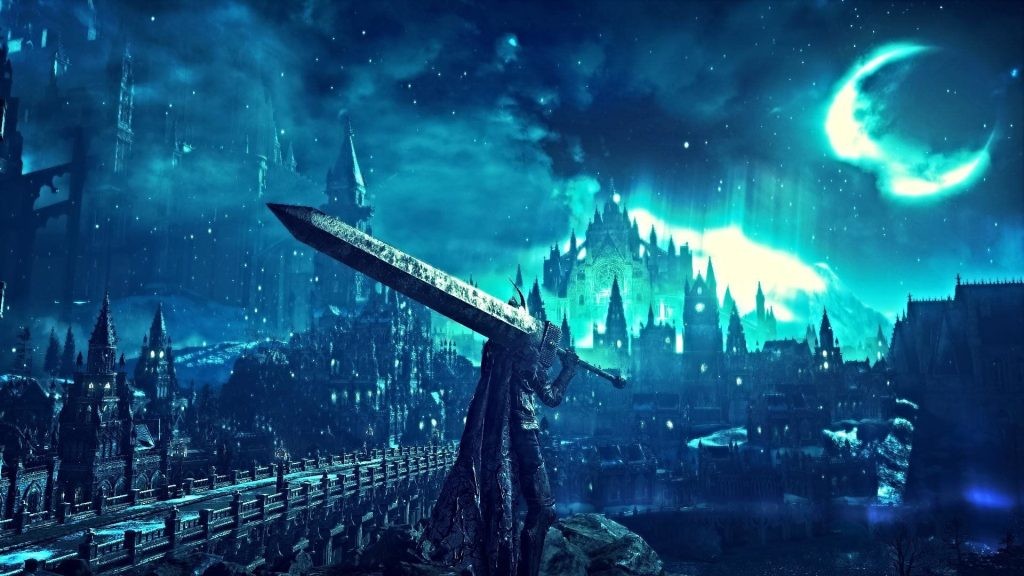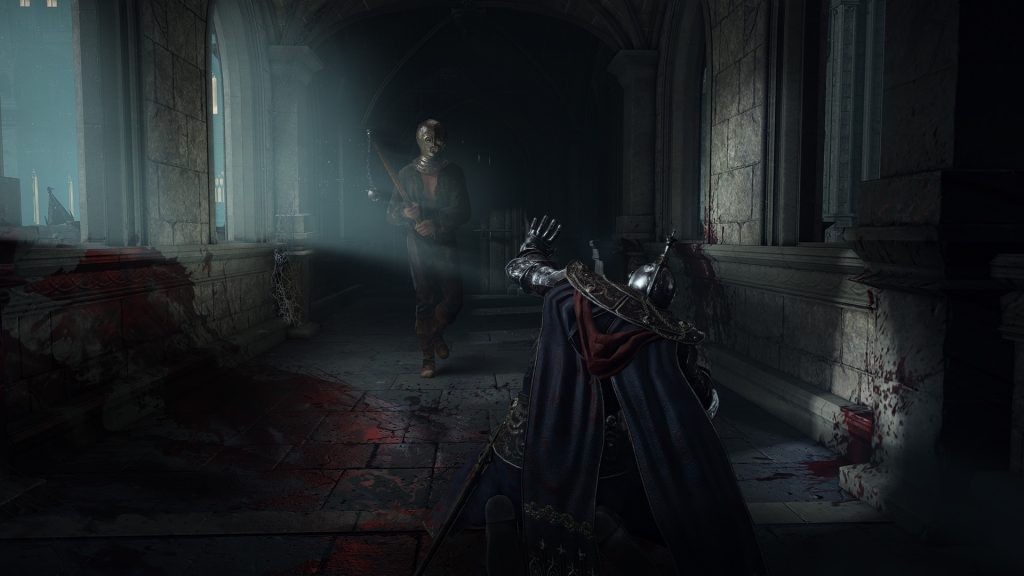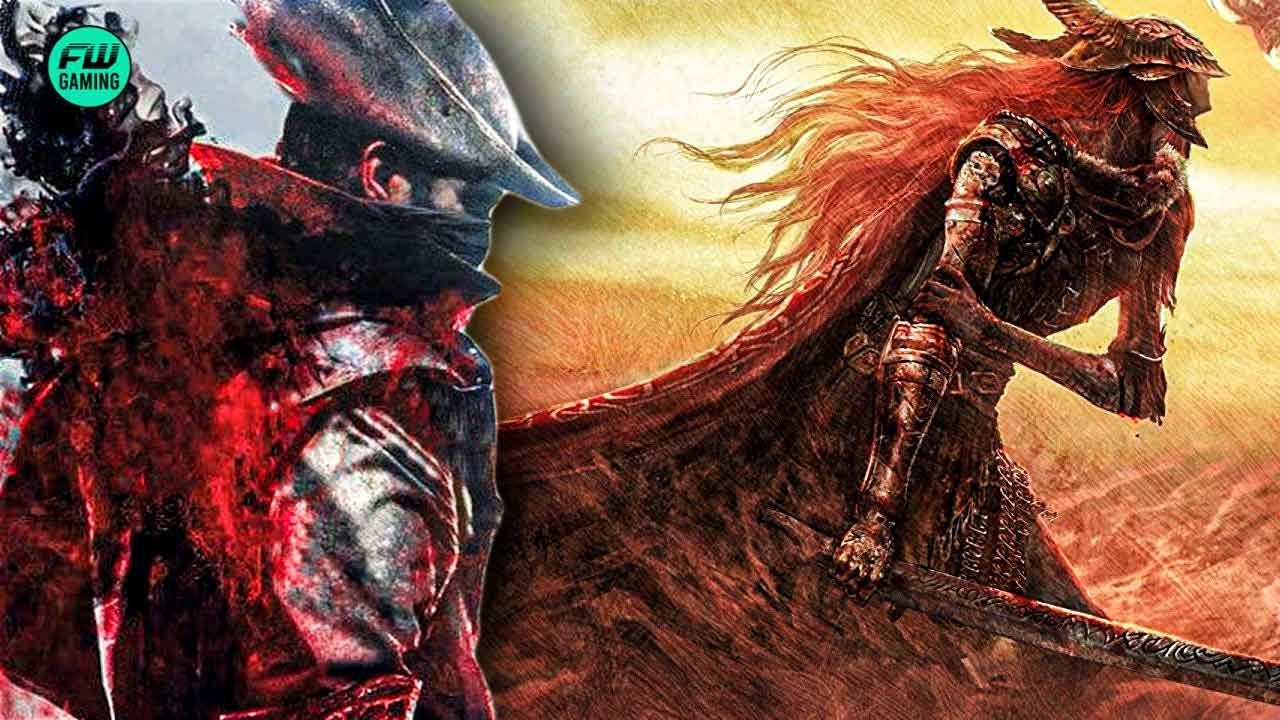At the time of writing, it may be tough to comprehend how Hidetaka Miyazaki’s Soulslike genre was something that was barely ever put any faith into by giants like PlayStation. Before the release of the much-revered Demon Souls, executives at Sony weren’t sure if the game would even appeal to the masses.
As it turns out, even to Hidetaka Miyazaki’s surprise, fans loved the game. What followed was the conceptualization of Dark Souls, Bloodborne, and so on. Over the years, Soulslike has become a go-to genre for many players who look for depth and challenge in their single-player experiences. and the rest is history.
Hidetaka Miyazaki had to match his creative vision with what the world needed

We may know Demon Souls as the ultimate Soulslike remake on the PS5. But, long before the shiny version of the game even arrived, the PS3 saw the release of the original game that, to this day, stands as the game that pioneered the subgenre. However, what’s interesting is how this could simply not have been possible had PlayStation not considered a worldwide release.
From an article by Eurogamer all the way back in 2010, there’s a lot of interesting information about this. Based on an interview with Hidetaka Miyazaki, the people outside the development team simply didn’t understand the team’s vision for the same:
To be honest, while the game was still under development, we weren’t being fully understood and it was very difficult for us. We weren’t interested in following any trends, but I suppose we weren’t paying attention to a practical worldview, which was rather difficult.
To not match one’s creative vision with the world’s practicality can be a daunting task. For Hidetaka Miyazaki, this was just another challenge.
The Soulslike subgenre popularised itself through its versatility

Over the years, FromSoftware has successfully evolved the genre from everything Demon Souls promised, to all that new players can find their comfort in. For instance, the combat mechanics in Sekiro: Shadows Die Twice are quite different from how things work in Dark Souls.
Similarly, Bloodborne mixes and matches different combat styles, while Elden Ring thrives on the openness of everything.
It’s safe to say that there’s a Soulslike game for every gamer out there if only they’re up for a challenge that pushes them to the limits. Hidetaka Miyazaki knew this was going to be an appealing factor for many, but would also drive away certain players.
Had he given up on the vision under the pressure of Sony (or, anyone else for that matter), we wouldn’t have some of the best Soulslike games in the last two decades.
What are your thoughts on Soulslike starting out as something that was region-locked? Let us know in the comments below.



